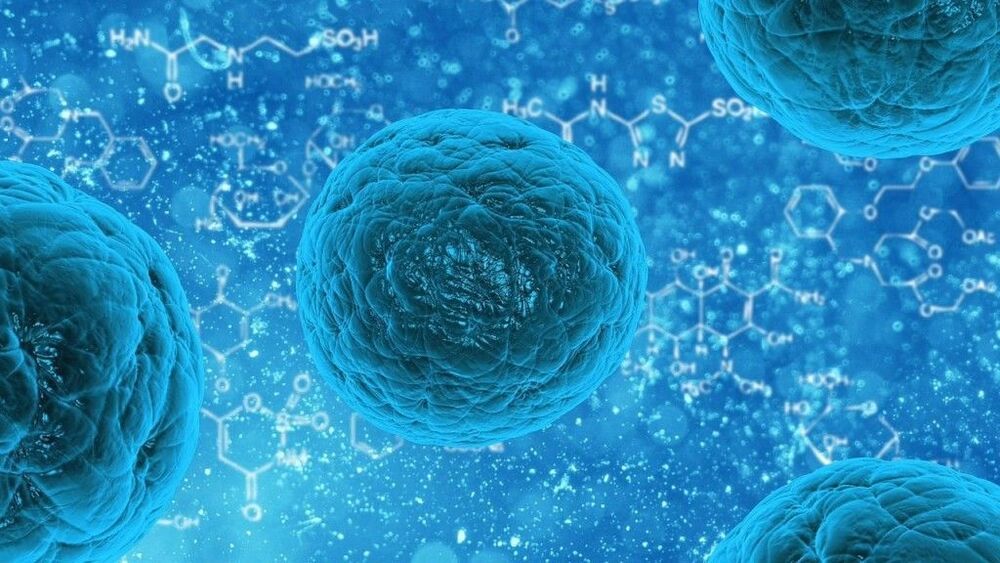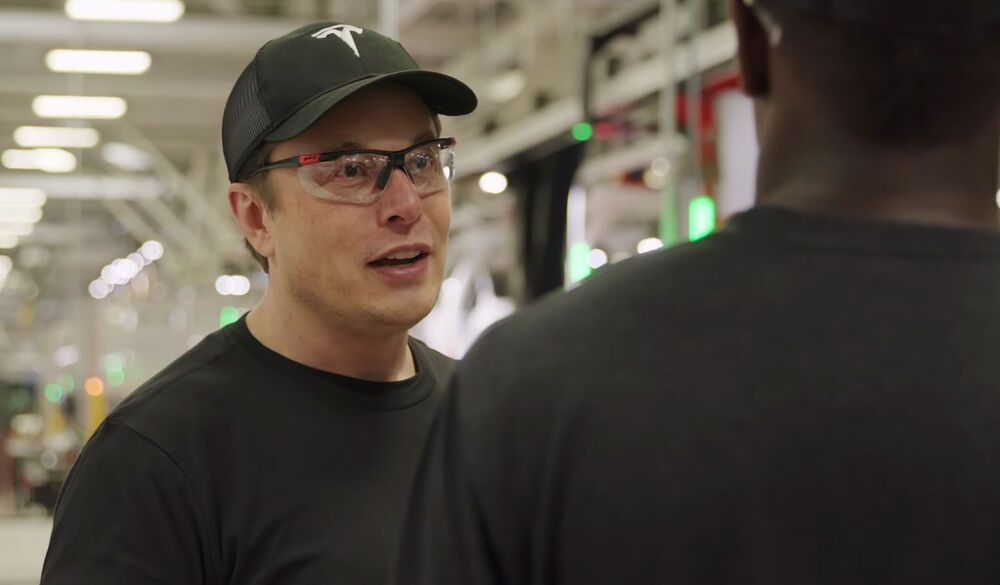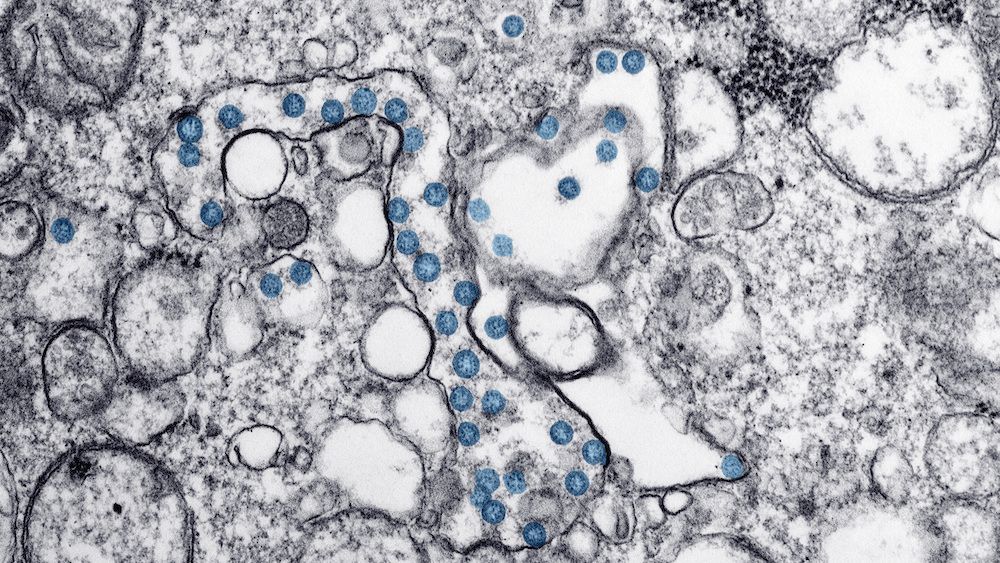The substance has the potential to revolutionize everything from space travel to the energy grid.




At the very core of your identity a kernel of self awareness combines memories of the past with the fleeting sensations of the present, and adds a touch of anticipation for the future.
The question of whether this ongoing sense of ‘you’ is as robust as it feels has intrigued philosophers and psychologists throughout the ages. A new, small psychobiological study weighs in, looking at brain scans to conclude that at least some part of you is indeed consistent as you grow and age.
“In our study, we tried to answer the question of whether we are the same person throughout our lives,” says Miguel Rubianes, a neuroscientist from the Complutense University of Madrid.

Plant scientists have revolutionised science and innovation. Research around the cell or cell biology was born out of plant science.
Researching plants is vital for our food security, maintaining our ecosystems and in our fight against climate change. Plant science is equally important to generate new knowledge that breaks disciplinary barriers to revolutionise several fields of research and innovation. But despite its valuable contribution, scientists and prospective young scientists often overlook plant science. It’s because of this low recognition, plant science doesn’t get the same prestige as other disciplines. This is detrimental to the future of plant science as bright young students continue to choose a career away from plant science. I never considered studying plants myself — it was entirely accidental that I studied plant science.
In other words, scientists and prize committees question the influence of basic plant science across different disciplines.
But the fact is that ever since the early days of science, plants have been central to breakthroughs. Discoveries in plant science have enabled technological advances that we enjoy today. Therefore, I’m aiming to write a series of blog posts to highlight a few significant findings from research in plants. Here, I explain how plant research revolutionised the field of cell biology.

Elon Musk will be awarded the Axel Springer Award for his astonishing life accomplishments. Tesla and SpaceX are just two of the companies Musk leads, but both have already made significant changes in their respective industries and in people’s way of living. Musk will be accepting the award personally on December 21 in Berlin, confirmed Tesla North.
“As one of the most creative entrepreneurs and most brilliant engineers of the digital age, Elon Musk inspires an entire generation. He combines great visions with the indomitable will to achieve them,” said the CEO of Axel Springer SE, Mathias Döpfner.
“With PayPal, SpaceX and Tesla, Elon Musk has turned entire industries upside down, and his drive is irrepressible. He is motivated by the goal of making life better for humanity. And not in small steps, but by fundamentally turning the way we do things on their head. With incredible success,” he clarified.

A recent study published Tuesday in the journal JAMA Internal Medicine found that most Americans are still susceptible to COVID-19.
According to the study, researchers studied the blood samples of 177,919 Americans across the nation, D.C., and Puerto Rico between July 27 and Sept. 24. They found that fewer than 10% of the people had detectable COVID antibodies.
“In this U.S. nationwide seroprevalence cross-sectional study, we found that as of September 2020, most persons in the US did not have detectable SARS-CoV-2 antibodies, and seroprevalence estimates varied widely by jurisdiction,” the authors concluded. “Continued biweekly testing of sera collected by commercial laboratories will allow for assessment of the changing epidemiology of SARS-CoV-2 in the U.S. in the coming months. Our results reinforce the need for continued public health preventive measures, including the use of face masks and social distancing, to limit the spread of SARS-CoV-2 in the U.S.”


Computational molecular physics (CMP) aims to leverage the laws of physics to understand not just static structures but also the motions and actions of biomolecules. Applying CMP to proteins has required either simplifying the physical models or running simulations that are shorter than the time scale of the biological activity. Brini et al. reviewed advances that are moving CMP to time scales that match biological events such as protein folding, ligand unbinding, and some conformational changes. They also highlight the role of blind competitions in driving the field forward. New methods such as deep learning approaches are likely to make CMP an increasingly powerful tool in describing proteins in action.
Science, this issue p.
### BACKGROUND

These wooden lego-like blocks by Gablok let you easily construct a house in just days. (Follow Tech That Matters for more.)
